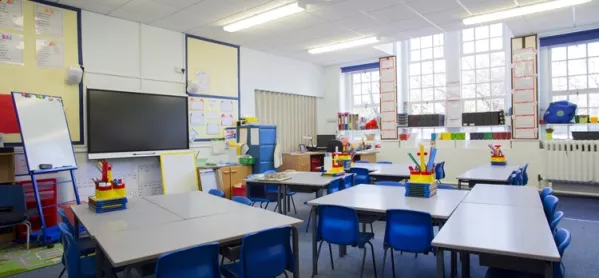For most children, returning to school after the long summer holidays brings a mixture of anticipation, excitement and perhaps a little dread. Children may be moving from one class to another or even between schools and the fear of a new environment can be both exhilarating and disorienting.
However, this time of transition can be particularly taxing for disabled children or those identified as having special educational needs. For many, change brings with it a genuine fear of the future: fear of not understanding; of leaving behind established relationships or long-fought-for provision − only to face a new world where both children and parents may feel they have to start all over again.
Many schools undertake excellent “handovers” between class teachers, ensuring that children with additional needs are understood and supported in complex transitions.
Many secondary schools are excellent and skilled at arranging for children to be given the time and space to acclimatise to their new environment with settling-in sessions and ample time for parents to talk to teachers and ask questions.
‘Genuine distress’
But this is not everyone’s experience.
Sometimes parents can face demands which reflect a lack of understanding of their child’s history or needs. For example, a parent of a child whose complex needs had resulted in his part-time schooling recently told me how his secondary school were demanding full-time attendance from his first day at school. This parent had no idea how she was going to manage this transition and no idea how to respond to this demand. This had caused genuine distress and ruined the holidays for the family.
So, what can the individual teacher do to alleviate some of the stress that children with SEND may be feeling around going back to school?
Simply being aware of their fears is a good place to start. And as the new school year begins, ask yourself: have you have done your SEND homework?
Vital information
Make sure that you are aware of those children in your class or school with additional needs and build time into your planning to think about how those pupils will deal with transition and access education. Put the child and the parents at the centre of your information-gathering. The SEND Code of Practice acknowledges that parents’ knowledge is key to supporting their child. It also asserts that all teachers are teachers of SEND.
However, if you feel that you do not have all the information or assistance that you need to effectively support a particular child, make sure that you ask for help from senior leaders or the pastoral team. Ask how well they know the child. Working collaboratively with parents and other staff will not only make your life easier, it might just transform the experience of a child and their parents.
Dr Debbie Sayers runs the legal consultancy interalia.org.uk and is a co-founder and executive committee member of the Educational Rights Alliance. She tweets at @ERA_tweet
Want to keep up with the latest education news and opinion? Follow TES on Twitter and like TES on Facebook




